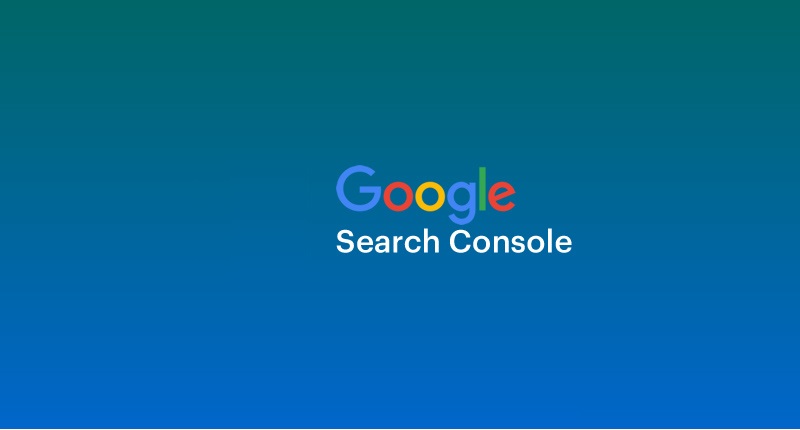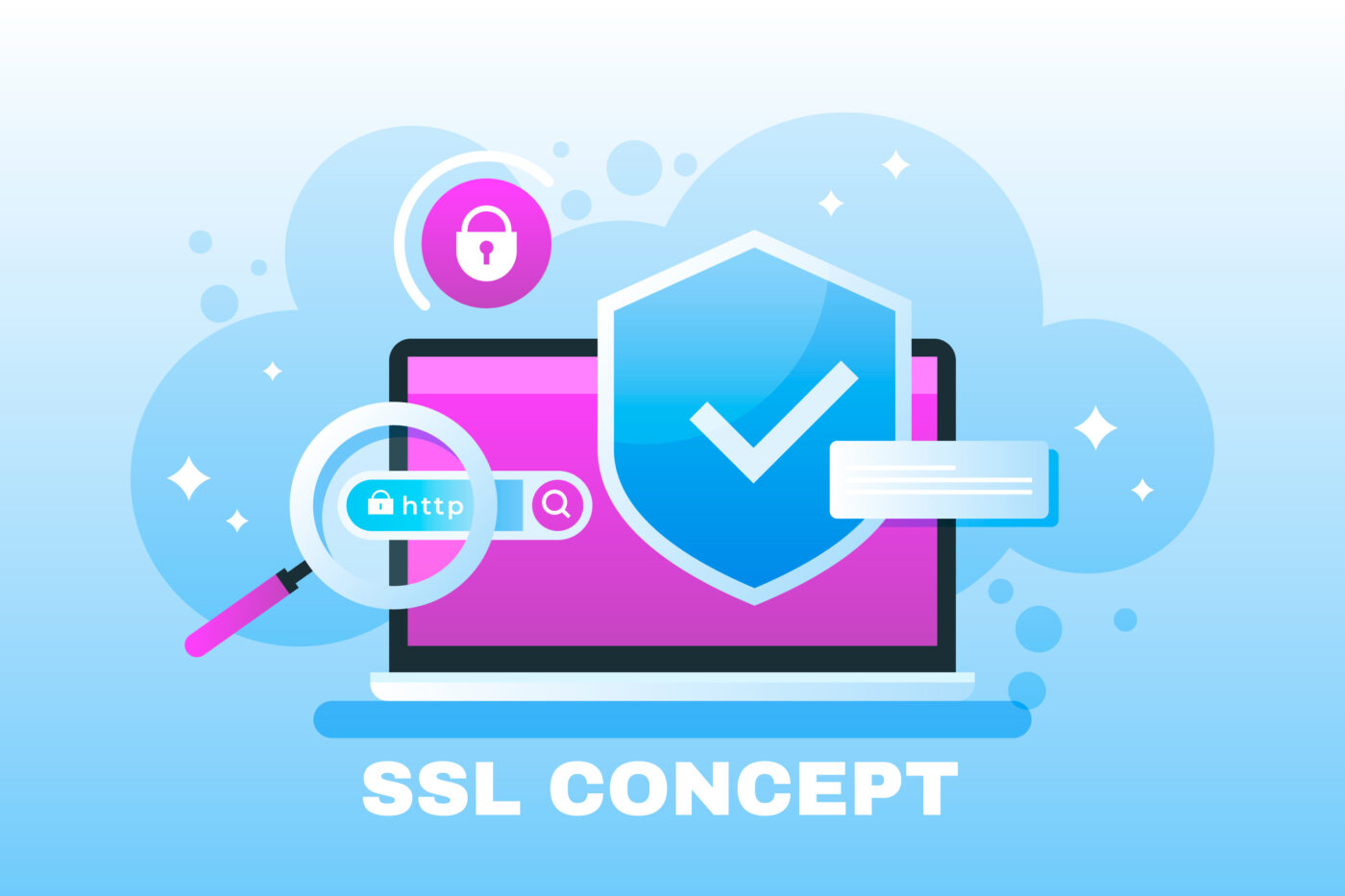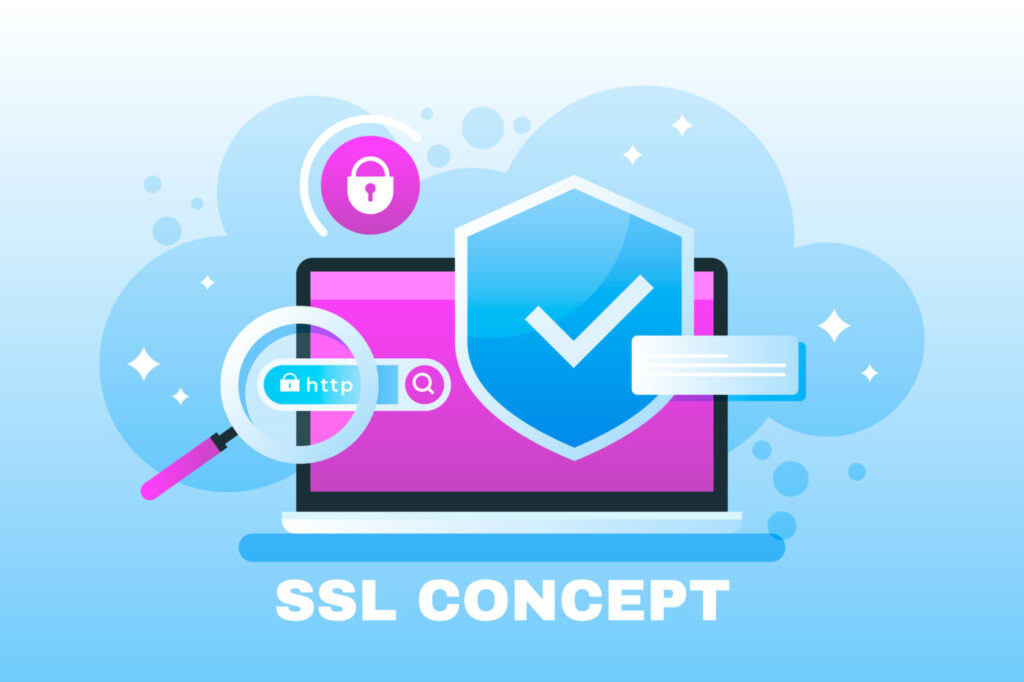In the 21. Century, the power of the Internet is more present than ever. Everyone who wants their business to succeed uses the Internet, and they make websites that are relevant to their brand.
But what if your website is not working, and something is wrong? Do you want to check your indexing status and search queries? That is where the Google Search Console comes in handy.
By its definition, anyone with a website can use Google Search Console, formerly known as Google Webmaster Tools, for free to track how Google sees its website and improve its organic presence. This includes seeing your referring domains, the functionality of your mobile site, rich search results, and the most popular searches and pages.
The information needed to monitor website performance in search and improve search rankings is provided by Google Search Console. Because of this, Google Search Console is essential for publishers and online businesses that want to succeed to the fullest. To gain control over your search presence, use the free tools and reports.
Checking your indexing status
The status of each URL in your property that Google is aware of in terms of indexing is shown in the Index Coverage report. The crawling and indexing status of each URL that Google has discovered for your website is shown in this report, which is essentially a Google Search Console report.
Google Search Console allows you to keep track of how your website is being indexed and notifies you of any technical issues preventing correct crawling and indexing of your pages.
Reviewing the Index Coverage (Page Indexing) report frequently will help you find issues, understand them, and determine how to resolve them.
A page must be found, crawled, and indexed in order to be rated and displayed to users. In order to crawl a page, Google must first find it. Search engines examine and evaluate the content of web pages through a process called crawling.
Google assesses the pages as part of the indexing process and adds them to the database of web pages it can use to provide search results. Rendering is another component of this stage that enables Google to see the structure and content of the pages.
Google indexing has become more difficult over time. This is mainly due to the fact that websites are getting bigger and heavier as the web expands.
The most important part of indexing with Google Search Console, however, is this: not all of your pages should be indexed.
Make sure the index only contains your pages with superior information that users will find worthwhile.
Some pages may include duplicate or low-quality information, and if search engines discover them, this could have a detrimental impact on how they perceive your site as a whole.
It is crucial to establish an indexing strategy and choose which pages should and shouldn’t be indexed because of this.
Search Queries
The Google Search Console queries that led to impressions of your website URLs in Google organic search results are listed in the Queries report. So basically, those are the terms and expressions that users enter in search fields to display a list of results.
There are three different kinds:
- Navigational search queries;
- Informational search queries;
- Transactional search queries.
A navigational query is a search request made with the intention of finding a specific website or set of pages. Instead of putting the URL into a browser’s navigation bar or using a bookmark, a user might input “youtube” into Google’s search box to locate the YouTube website. In reality, “Facebook” and “youtube,” the top two Google searches, are both this type of query.
Informational search questions are those that cover a large topic (such as trucks or colorado), for which there may be thousands of relevant results, according to Wikipedia. The term “informational search” refers to the act of looking for information when using Google or another search engine. They most likely aren’t conducting a navigational search for a specific website or looking to transact business. They merely want to find out the solution to a problem or acquire new skills.
An intent to conduct a transaction, such as completing a purchase, is indicated by a transactional search query. Transactional search phrases can really include words like “buy,” “purchase,” or “order,” as well as exact brand and product names like “iPhone 14” or general searches like “mobile phones”. If the searcher isn’t already taking out their credit card, you may assume that they are considering making a purchase soon in all of these instances. They are, in other words, at the bottom of the conversion funnel. Additionally, a lot of local searches are commercial.
Understanding the relationship between user search behavior and how relevant your pages are to such queries might help you optimize your content.
You can determine how successfully the search engine correlates your content to user queries by looking at the number of impressions each page generates and the average position of impressions. You may determine how well people relate the search results to their objectives by looking at clicks and click-through rates.
When a search only yields one URL from your website, the Average Position number is determined by where that URL appears in the search results. The Average Position figure is based on the URL that shows up first in the search results when a query yields more than one URL from your website. Queries that are made infrequently or that contain sensitive or personal information are grouped together as a privacy measure to preserve user privacy (other).
Why is Google Search Console important?
Google Search Console is among the best and most potent SEO tools on the market. Most users, however, only ever use it to check vanity metrics like clicks and impressions. Although there is nothing improper about occasionally looking at those items, they are not particularly useful as standalone measures.
Google Search Console provides resources and reports for the subsequent actions:
- Make sure Google can access and crawl your website;
- Fixing indexing issues and asking that fresh or updated information could be re-indexed;
- Viewing your site’s Google Search traffic statistics, including how frequently your site appears in Google Search, which search terms bring up your site, how frequently users click through to your site from those results, and more;
- Getting notifications when Google finds difficulties with your site’s indexing, spam, or other aspects;
- Identifying the websites that link to your website;
- Investigating problems with AMP, mobile usability, and further Search options.
Conclusion
These reports are just a handful of the many useful tools that Google Search Console offers. Depending on the type of business you operate and how your website is set up, you might have access to other reports. For instance, business owners can get information about their structured data, products, breadcrumbs, review snippets, and more from Google Search Console! Anyway, Google Search Console is a very powerful tool that will help you become the master of the web, so if you own a website, you should start using it right away.
Subscribe with us and get more latest SEO, Social media trends and website tips at Devgraphix. We have a dedicated team who thrive to meet up with all the latest trends to help brands drive business.











